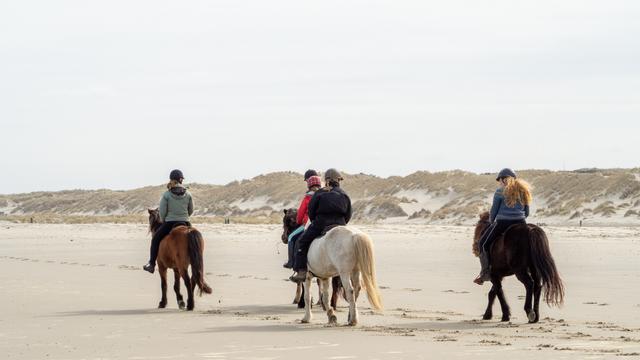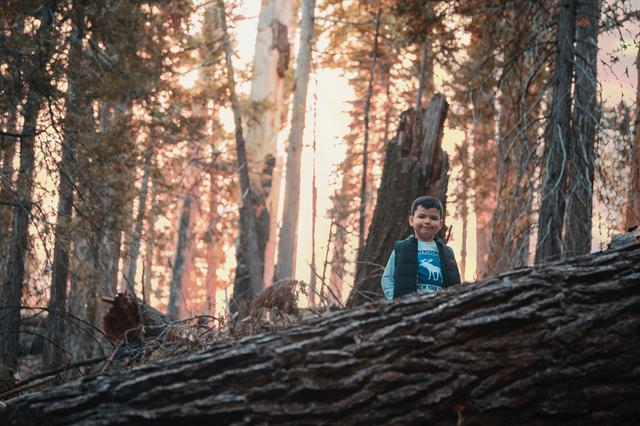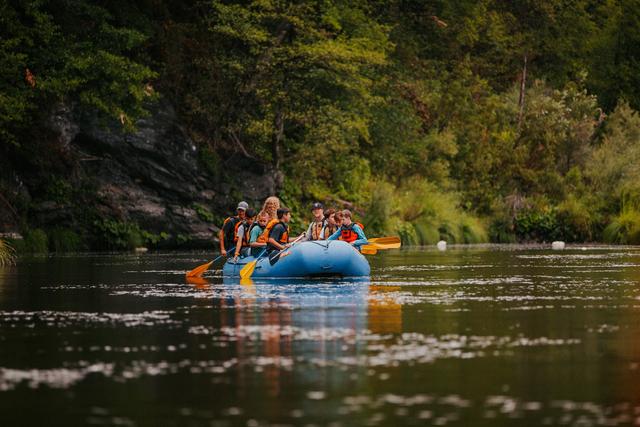Summer camps Articles
Summer camps For Kids In The UK
Summer camps for kids in the UK are a vibrant and cherished tradition that spans over a century, tracing its origins back to the late 1880s. Instigated by influential groups like the YMCA and YWCA, the UK's introduction to summer camps was heavily inspired by the budding American camping movement. These early camps sought to provide children from urban environments a gateway to the natural world, offering them a unique blend of adventure, learning, and camaraderie.
From their early beginnings, summer camps in the UK have significantly diversified, evolving into an expansive array of offerings that appeal to a wide variety of interests and needs among young people. Today’s camps have much to offer, ranging from adrenaline-fuelled adventure camps and sports-focused camps, to those centring on arts and crafts or academic enrichment. This evolution has ensured that every child, regardless of their interests or background, can find a camp that resonates with them, fostering an environment where fun and learning go hand in hand.
Central to the philosophy of summer camps is the nurturing of safe and supportive spaces where children can explore new activities, pick up diverse skills, and forge lasting friendships. These camps not only encourage play and creativity but are also important forums for personal development and social interaction. As such, they continue to be an indispensable part of the British summer experience for children, combining the joys of leisure with the benefits of structured learning and personal growth.
The Benefits of Summer camps
Summer camps offer an exceptional array of health benefits for children. Engaging regularly in physical activities at camp, such as games, sports, and outdoor adventures, not only enhances fitness but also helps in combating childhood obesity—a growing concern across the UK. These camps are not just about physical health; they also play a crucial role in the emotional and social development of children. Participating in summer camps helps in nurturing essential social skills, including effective communication, teamwork, and conflict resolution, as kids interact and collaborate with others from diverse backgrounds.
Additionally, the structured environment of summer camps fosters emotional growth and resilience among children. They learn to manage new challenges and situations independently, boosting their self-confidence and emotional intelligence. Importantly, summer camps stimulate mental engagement through academic programmes designed to prevent the 'summer slide', where children could otherwise lose some of their academic achievements during the long holiday. Moreover, camps encourage creativity and imagination through activities that involve arts, crafts, drama, and music, allowing children to express themselves uniquely and creatively. Thus, summer camps in the UK provide a holistic growth environment, contributing significantly to both the physical and mental health of children.
FAQs
What age ranges are summer camps in the UK designed for?
Most summer camps in the UK cater to children aged 6 to 18 years. However, there are some camps that offer specially tailored programmes for younger children or specific provisions for older teenagers to ensure a suitable environment for all age groups.
How long do typical summer camps in the UK last?
The duration of summer camps in the UK can vary widely—from weekend camps lasting just a few days to extended camps that run for several weeks. The length of the camp usually depends on the type of activities offered and the camp’s specific structure.
What kinds of activities can children participate in at summer camps?
Children at UK summer camps can engage in a broad array of activities including sports like football and swimming, arts and crafts, adventure activities such as hiking and kayaking, academic enrichment programmes to support learning, and various team-building exercises designed to develop social and personal skills.
Are summer camps in the UK affordable for most families?
The cost of summer camps in the UK varies significantly based on factors like location, camp duration, and the type of activities provided. To help make camps more accessible, many offer financial assistance, discounts for early registration, and scholarships for families in need of support.
What safety measures are implemented at summer camps in the UK to protect children?
Summer camps in the UK must adhere to strict safety guidelines which include background checks for all staff members, comprehensive first aid training, and thorough risk assessments for all activities. Each camp has robust policies to ensure child safety, including constant supervision, clear communication lines with parents, and detailed emergency response strategies.









